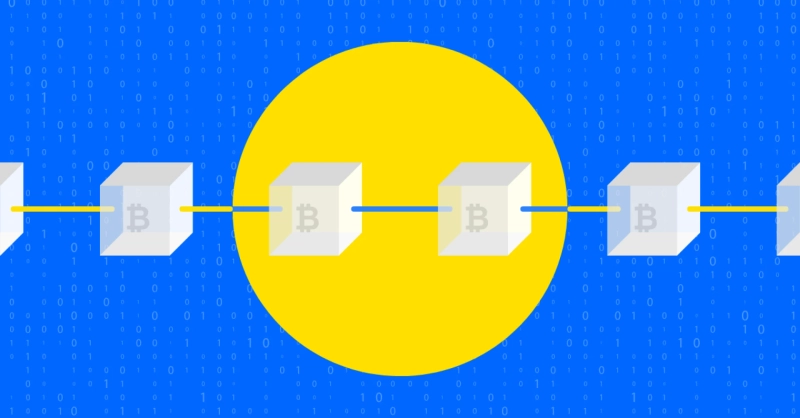Introduction
In today's rapidly evolving financial and technological landscape, the question of "what is blockchain technology" is gaining prominence. Beyond its initial association with digital currencies like Bitcoin, this technology holds the potential to be a game-changer in traditional banking. As we delve into the transformative possibilities of blockchain in the banking sector, we'll uncover how it can offer enhanced security, transparency, and efficiency to the industry.
Challenges in Traditional Banking
Before we explore "what is blockchain technology" and its potential in banking, it's crucial to understand the existing challenges within traditional financial institutions:
1. Centralization and Intermediaries
Traditional banking heavily relies on centralized systems and intermediaries, resulting in increased operational costs and transaction inefficiencies.
2. Security Vulnerabilities
The persistent threat of cybersecurity breaches, including data breaches, fraud, and identity theft, poses significant risks to traditional banks and their customers.
3. Lack of Transparency
Opaque processes and limited transparency can erode trust between banks and their clientele, leaving many customers unaware of the inner workings of their financial transactions.
Blockchain's Transformative Impact on Banking
Blockchain technology, when applied to traditional banking, has the potential to address these challenges and reshape the industry in several profound ways:
1. Augmented Security
Blockchain's inherent security features create a robust defense against fraud and cyberattacks. Each transaction is securely recorded, time-stamped, and cryptographically linked to the previous one, resulting in an immutable ledger that significantly reduces the risk of data breaches.
2. Cost Reduction
By eliminating multiple intermediaries, blockchain enables direct settlement of transactions, reducing fees and expediting transaction processing times, particularly for international transfers.
3. Transparency and Trust
Blockchain's transparent ledger ensures that authorized participants have equal access to transaction history. This transparency fosters trust among customers and minimizes disputes, as every transaction is verifiable and traceable.
4. Smart Contracts
Smart contracts, an integral feature of blockchain technology, can automate complex financial processes. These self-executing contracts enforce agreement terms automatically when predetermined conditions are met, streamlining processes like loan approvals and reducing the need for manual intervention.
Challenges and Adoption
Despite its significant potential, blockchain's adoption in traditional banking faces several challenges:
1. Regulatory Complexities
The regulatory landscape for blockchain and cryptocurrencies is still evolving. Banks must navigate these complex regulations to integrate blockchain technology into their operations effectively.
2. Legacy System Integration
Many traditional banks rely on legacy systems that may be challenging to integrate with blockchain technology. Transitioning to blockchain-based solutions may necessitate substantial investments in infrastructure and training.
3. Scalability
To support the demands of a global banking system, blockchain networks must handle a large volume of transactions. Solutions such as sharding and layer-2 scaling are being explored to address scalability concerns.
Conclusion
In conclusion, the question of "what is blockchain technology" is central to understanding its potential to revolutionize traditional banking. Its ability to enhance security, transparency, and efficiency can address many of the challenges the industry faces today. While there are hurdles to overcome, forward-thinking banks are actively exploring blockchain solutions to stay competitive in a rapidly evolving financial landscape. As blockchain technology matures and regulatory frameworks become clearer, we can expect to witness further transformative changes in the way banking services are delivered and experienced by customers.



